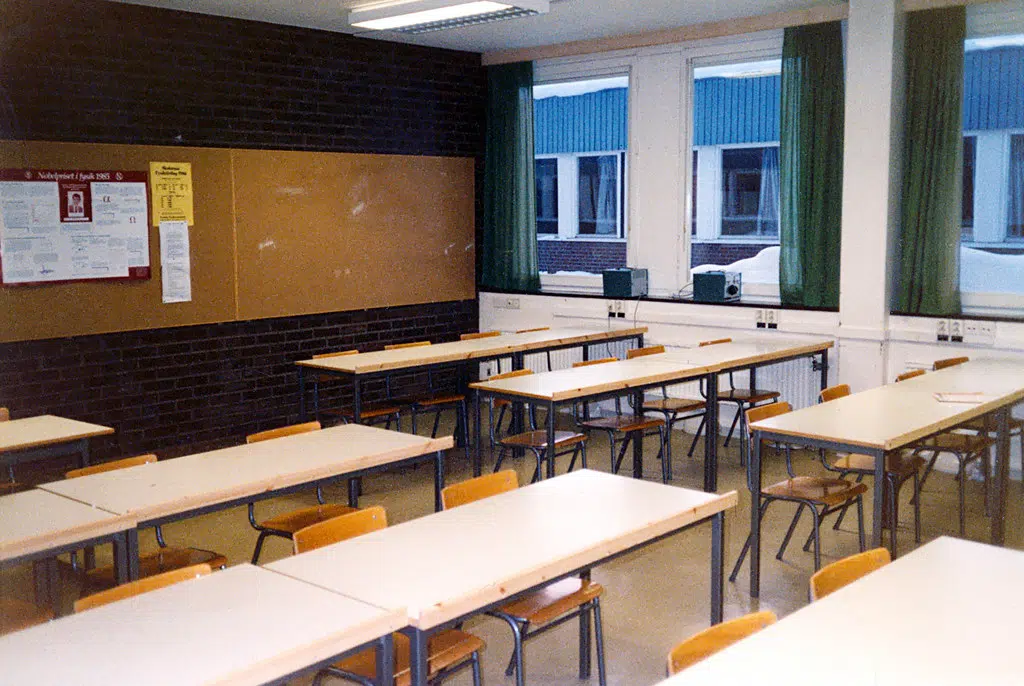Nova Scotia’s teachers will hold a strike vote on April 11.
The president of the union says they want to get government’s attention on issues in schools.
Ryan Lutes says the province needs to give teachers the proper supports.
“We’ve been collectively bargaining for 10 months, and we’ve seen little movement by government on the priorities that really matter to teachers. A strong strike vote will send a message to government that they need to take things more seriously,” said Lutes.
He says a teacher shortage, declining classroom conditions and violence in schools are some of issues they want addressed, along with a fair contract.
Lutes adds they want to avoid job action, but the government needs to make education a priority.
“Healthcare has been a priority of theirs, and that’s why they got elected. I think we can’t focus on one area of our social safety net at the detriment of others, and I think that’s what’s happening.”
He recognizes a strike could be an issue for parents, and as a parent himself, he says it’s not a decision teachers are taking lightly.
“At the end of the day, I want my kids and all students in schools where teachers are supported and students can be supported to the degree that they deserve. We sympathize with parents, but teachers are in this for the long haul to make sure improvements are made.”
The Nova Scotia Teachers Union represents 10,000 school teachers and specialists.
Negotiations have been happening for 10 months, more are scheduled in April with a conciliator.
Lutes says they hope to have real, meaningful bargaining that can put teachers and kids ahead, and sets them up on a course for improvements to the education system.
We’ve reached out to the Department of Education for comment.
Minister responds:
The province’s education minister says a potential teachers strike is concerning.
Becky Druhan says they are actively bargaining, and will return to the table in April with a conciliator.
She says she respects the process, and strike votes are within the right of the union.
However, Druhan notes that learning disruptions are not what students or families need.
She is hopeful they can come to a negotiated employment agreement.








